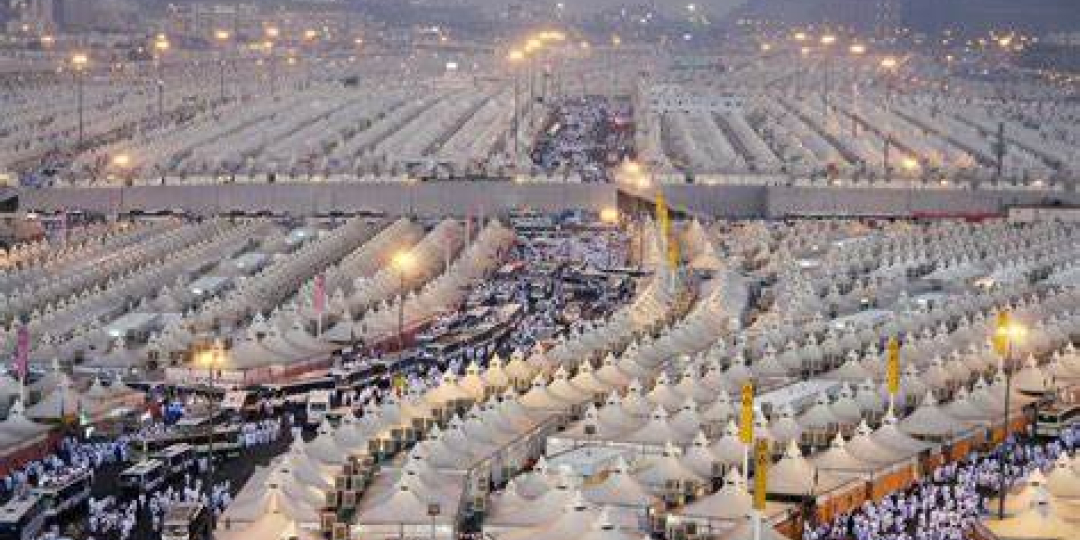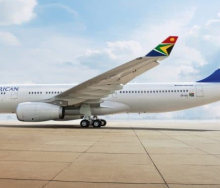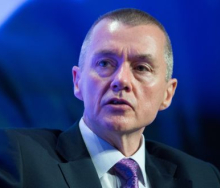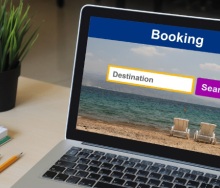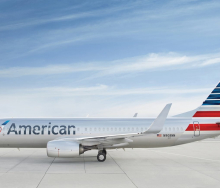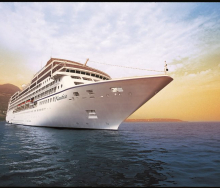Steep travel costs, insufficient airline seats and fewer Hajj-accredited agents are some of the problems experienced by South African pilgrims for Hajj travel this year.
For the 2023 Hajj, South Africa has received a quota of 3 500 Muslims to attend the annual pilgrimage.
This follows negotiations between the South African Hajj and Umrah Council and stakeholders in Saudi Arabia to raise the quota from 2 500.
South Africa’s previous quota of 2 500, assigned by Saudi Arabia’s Organisation of Islamic Coordination, was met with concern by the South African Muslim community due to a growing backlog of eager applicants.
“It’s far too little for the number of South Africans wanting to perform the Hajj, but there is a quota system in place… South Africa is deemed to have 2,5m Muslims and we get 1 000 for every million Muslims on that quota,” said Sedick Steenkamp, Director of Al Safir Tourism.
He said the quota was too low due to the rising number of Muslims in the country, and the challenges in tracking this number.
“We do need to make a concerted effort to count the number of Muslims in this country, given that there are a lot of people who came in after democracy, and so there are a lot of expats who are Muslims and want to do the Hajj as well,” said Steenkamp.
Although the demand remains high, travel expenses, the supply of Hajj-accredited travel agents and the number of airline seats for pilgrims bring challenges.
“So, what we do as travel agents is, we approach the various airlines that fly pilgrims to Jeddah. It’s really a struggle to get adequate seats to Jeddah and to Medina,” said Steenkamp.
Airlines such as Emirates, Ethiopian Airlines, Qatar Airways, Turkish Airlines and EgyptAir all facilitate flights to the Hajj.
However, Steenkamp reports that Saudia is currently not flying into South Africa, leaving a shortage of seats in the system not experienced in previous years. And this, among other factors, has driven the cost of travel up, making the trip unaffordable for some pilgrims.
“Of course price is always an issue because everything gets done in dollars, and we are competing worldwide for these seats,” explains Steenkamp.
Another challenge is a shortage of agents. This follows a court case earlier this year, where six travel agencies in Cape Town lost their Hajj accreditation due to their not having fulfilled the requirements for the application and for having submitting it late.
“We’ve had a bit of an anomaly this year but generally there have been about 20 travel agencies (every year),” said Steenkamp.
He went on to explain how the South African government planned to address the issue to avoid complications in the future.
“The South African government, which is the recipient of the Hajj quota, is reviewing the whole question of Hajj administration in the country and when the ambassador gets back from Hajj this year, having spoken to all the role-players in the country, discussions will follow with our Minister of International Relations, Naledi Pandor.”
As Saudi Arabia is lifting all Hajj travel restrictions for the first time this year since the pandemic, Emirates has deployed 10 additional return flights daily to Jeddah and Medina from June 21-July 7.
